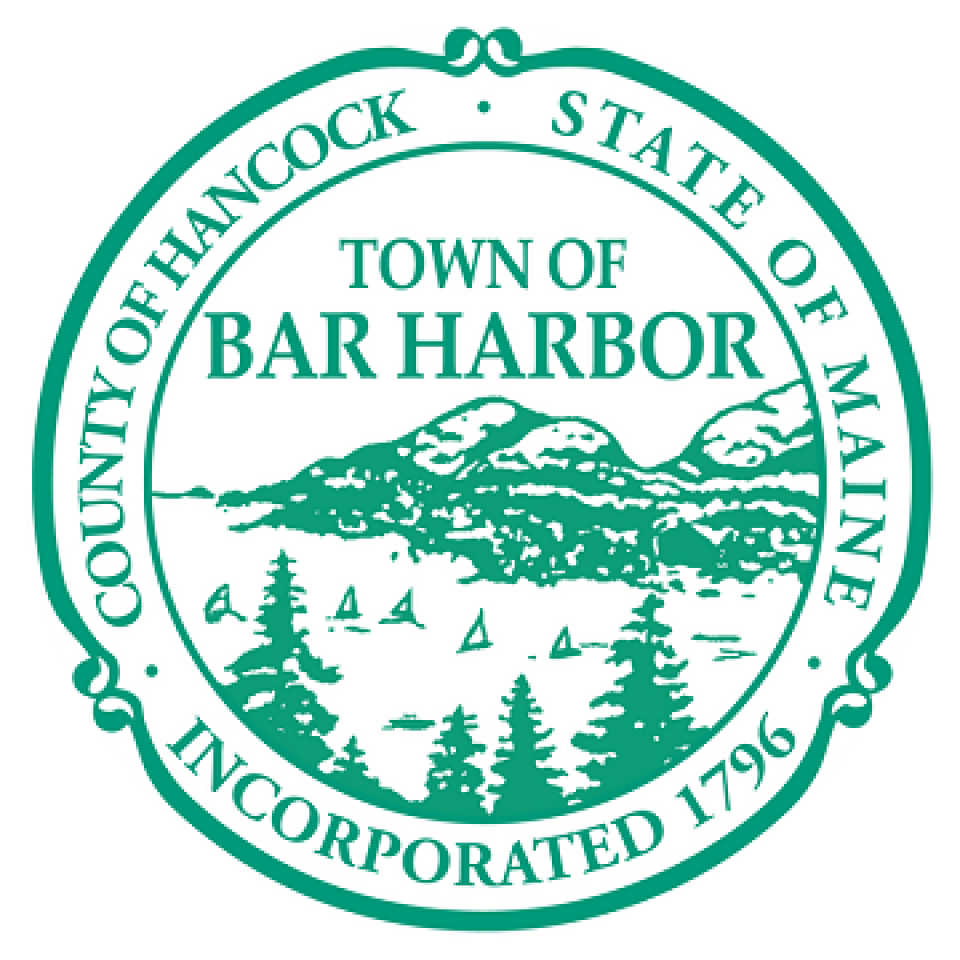Bar Harbor, Maine Considers Building Its Own Network After Charter Spectrum Raises Prices Tenfold
Bar Harbor, Maine (pop. 5,500) has been trying to get a municipal fiber network off (and into) the ground for more than half a decade. If local officials throw weight behind the most recent move, we may see momentum continue to build for faster, more reliable, affordable, and universally available Internet access for government use, commercial development, and maybe, down the road, residents as well.
We last checked in with the town in 2016, when its franchise agreement with Charter had expired and negotiations for a new agreement had stalled. At the time, Bar Harbor was considering a $100,000 engineering study to flesh out the possibility of a municipal Fiber-to-the-Home (FTTH) network or a $50,000 study to do so for a government-only network, but at the last minute the town’s Warrant Committee and Council decided not to move ahead on either at the last minute. Since then, the situation has remained more or less in stasis.
But with recent changes, Charter has signaled that it will begin to charge Bar Harbor $45,000 a year for access via – a ten-fold increase over the $4,500/year the town currently pays. With the company refusing to negotiate, on December 15 the Town Council, at the recommendation of the Communication and Technologies Committee (CTC), voted unanimously to place a $750,000 proposal to build their own institutional network onto the 2022 budget draft review. The general public will have the chance to vote on the measure in June.

Locally Owned Infrastructure at a Fraction of the Price




